There are so many wonderful, reusable, recyclable and plastic free solutions and swaps now whether it be in the eco kitchen for food storage, toys or lifestyle eco friendly products. Items made from natural material such as glass, wood, porcelain, ceramic, stainless steel and also materials such as food grade silicon allow us to really start to learn how to avoid plastics altogether and harmful chemicals such as BPA.
What is BPA?
BPA (stands for Bisphenol A) and is one of the harmfully toxic, industrial chemicals you’ll often hear talked about when talking about plastics. It is damaging to our health and in a vast majority of plastics and needs to be avoided at all costs. Over the last 30 years the production of BPA has increased by around 500%.
It is not only used in the production of plastic items but also in various manufacturing industries and it's reported that approximately 1 million pounds of the substance are released into the environment annually, making it a hazard also for our lungs. It is a harmful chemical that acts as a synthetic estrogen meaning that it disrupts our own hormone levels and hormone balance contributing to an array of health problems.
They are in the clothing we wear, plastic bottles we drink from, chopping boards, plastic cutlery, the containers we receive our takeaway food in, not to mention that there is a possibility that it could be contained in baby dummies and bottle teats.
It is used in a huge variety of sustainable products, some that would even surprise you such as soft drink cans, in paper cup linings, potato chip wrapping, coffee pots, sunglasses and the lining of canned foods. It can be hard to avoid but not impossible.
I know you’ve heard that BPA’s are bad for you, bad for the environment and can have bad effects on our health, but how bad is it? Or are we all simply overreacting?
Is BPA that bad for you?
Way back in 2003-2004 the National Health and Nutrition Examination Survey (NHANES III) conducted by the Center for Disease Control and Prevention conducted revealed more than two-thirds of the participants, school-age and up had urine with detectable levels of BPA.
That was more than 15 years ago, what might those results be like now?
Fast forward to 2019 and researchers continue to discover the effects BPA can have on our bodies. A study published by Mount Sinai School of Medicine investigated the effects of BPA during the first trimester of pregnancy and discovered that the higher levels of BPA detected during pregnancy, the lower the IQ of the child by the time they turned 7 years of age. Linked also to behavioural problems, higher levels of the chemical showed to make children more hyperactive, aggressive and anxious with poor emotional control.
Various studies have also concluded that when higher BPA levels were found in breast milk, they could be attributed to health issues such as hormone imbalance, asthma, being unable to conceive and various cancers such as breast, ovarian, testicular and prostate.
BPA’s can also be absorbed through the skin. Studies conducted by the University of Alberta, Canada suggest that BPA damage through epidermal (skin ) absorption is highly underestimated. BPA is one of the damaging chemicals also found in sunscreens ( unless you purchase it from the health food store which I thoroughly recommend for a myriad of other reasons), some cosmetics ( always buy natural) and nail polish ( yes this too, can be bought toxin free). Everyday shopping receipts is another one, known as 'thermal paper', this was banned in 2016 by the WTO and EU. Unfortunately this ban is yet to make it to Australia though it is understood that Coles has started use BPA free paper to protect staff and customers.
The sad thing, many researchers have been delving into the effects of BPA on health—not just on humans but marine life 🐠—yet how many of us have consciously reduced our plastic consumption?
Absolutely DO NOT microwave food that is in plastic or covered with plastic wrap. Think of the plastic water bottles that have sat out in the hot sun on a loading dock. Heat causes the dangerous chemicals to leach out into the food or liquid. Horrific!
Small Changes have a Big Impact
Avoid exposure by changing what you buy, be conscious, buy an eco-friendly product, strive for health, and not just for yourself personally and for your family but our marine life and environment.
The kitchen and bathroom are two good places to start and here are some easy ideas to propel you into ‘plastic free’ bliss.
The Kitchen
- If you must drink your G & T with a straw, make it a glass straw or stainless steel one. I personally LOVE the glass straws! Our handy packs come with 2 straws and a metal straw cleaner and have a cute little carry pouch.
- Swap plastic glad wrap for beeswax or silicone bowl covers. Use a plate to cover a bowl, nothing can be easier or as cost effective than that!
- Exchange your dishwashing detergent for a natural dish soap block or make your own DIY chemical free cleaner. Alternatively take your bottle to a refill station at a bulk food store.
- Start swapping plastics for storage replacements like stainless steel, ceramic, earthenware, wood, glass or silicon.
- Take your own cloth produce bags to the supermarket and REFUSE plastic shopping bags. For a tiny investment you can have a stylish 'Us & the Earth' branded 100% organic cotton mesh shopping bag or 'Us & the Earth' Calico Shopping Bag.
- Use reusable silicone food storage ziplock pouches instead of single use plastic zip lock bags. Great for food and non food items, Dishwasher safe.
- Scourers, scrubbing brushes and sponges can all be purchased in natural material like coconut fibre, bamboo and wood.
The Bathroom
- Plastic toothbrush to a recyclable bamboo toothbrush ( a bamboo travel case and stand also available)
- You don’t need a pump liquid soap in the bathroom, buy a bar of soap. Elongate it's life and exfoliate at the same time with the sisal soap saver.
- You can now access a wonderful range of shampoo, conditioner and lotion bars, all free of pesky plastic, landfill bound packaging.
- Plastic razors can be swapped for stainless steel razors with replaceable blades.
- Corn starch / Bamboo Charcoal dental floss packages in a glass container can now be purchased instead of nylon dental floss in plastic.
- Consider a natural deodorant balm instead of a chemical laden deodorant purchased in plastic packaging. Here is one of my favourites @e.x.p.o.s.e.d.naturals ( share the love, check out her amazing products )
- Buy paper wrapped toilet paper. @whogivesacrap is my favourite, made from bamboo and with fabulously colourful wrapping with fun messages. We often have craft projects happening in our house with the wrapping!
Use what you have first
An important thing to remember is when you throw out your plastics, unless properly recycled ( which is another whole debate), the chances are they end up in landfill.
I wash and rewash and rewash again any plastic containers I have ( and don't own a microwave so that's not an issue)
They get used until they die!
Even the plastic bag that a loaf of sliced bread gets saved! ( when I don't buy fresh - I am not perfect🙄)
I even rinse out any plastic zip locks that inevitably find their wash into my eco kitchen. My great grandmother used to do that and I remember as a little girl seeing the plastic shopping bags ( which were rare and treated as a commodity 40 years ago) that had been rinsed out and pegged on the makeshift line above the clothes ringer inside the laundry!
A lot of the old ways were good ways! ( another blog coming on that topic )
When they have done their time and have gone into the recycling, THEN replace with good quality, reusable items that don’t leach harmful chemicals into your food, that can be recycled and not contribute to the damaging of planet earth 🌎
Let a bit of ‘Marie Kondo’ into your kitchen at that point! It’s lovely to open the fridge or freezer and see lots of glass jars or containers, silicon food pouches that stand up ( or can be stacked laying flat) and stainless steel. It’s satisfying, it’s healthy for us and our family and it is helping.
At Us and the Earth, we have an amazing range of innovative BPA-free products that can help make living a sustainable life with zero waste products ( and zero chemicals!) much easier.
You can also carry a BPA-free reusable water bottle with you and download the ‘ChooseTap’ app to find your nearest water refill station.
And that’s just the start. We have collective power to show big industry that we don’t want plastics. Supermarkets through public pressure will be forced to adjust. The beauty and food manufacturers are starting to adopt better packaging but it needs to happen faster.
Be proactive, do it now, we don’t have time to waste.
Keep following for lots of tips on how to reduce your waste, reduce the toxic load on you and your family and keep contributing to keeping our planet safe.
It’s okay to fail, the biggest mistake is ‘failure to start’

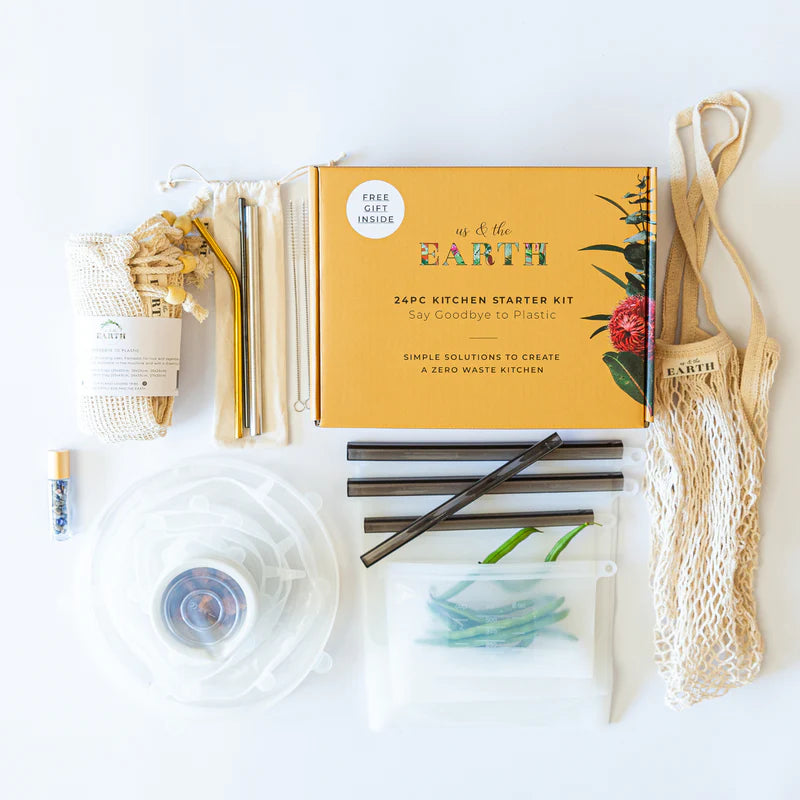
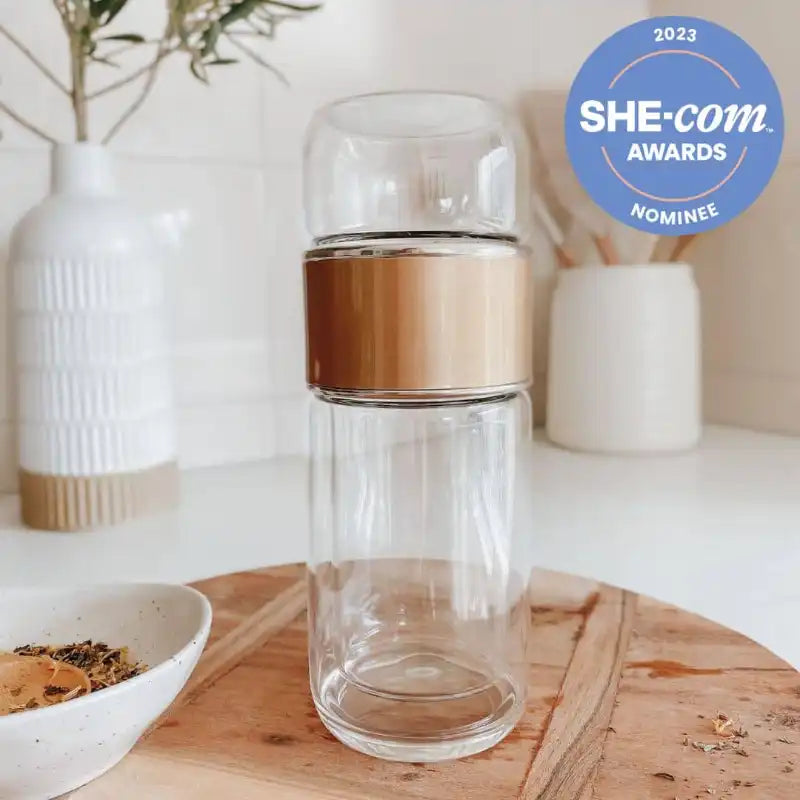
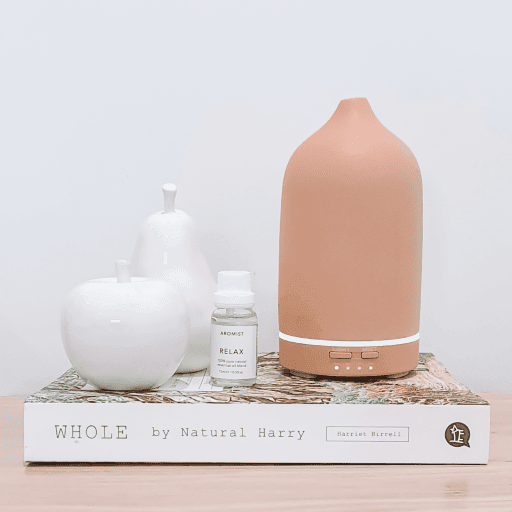
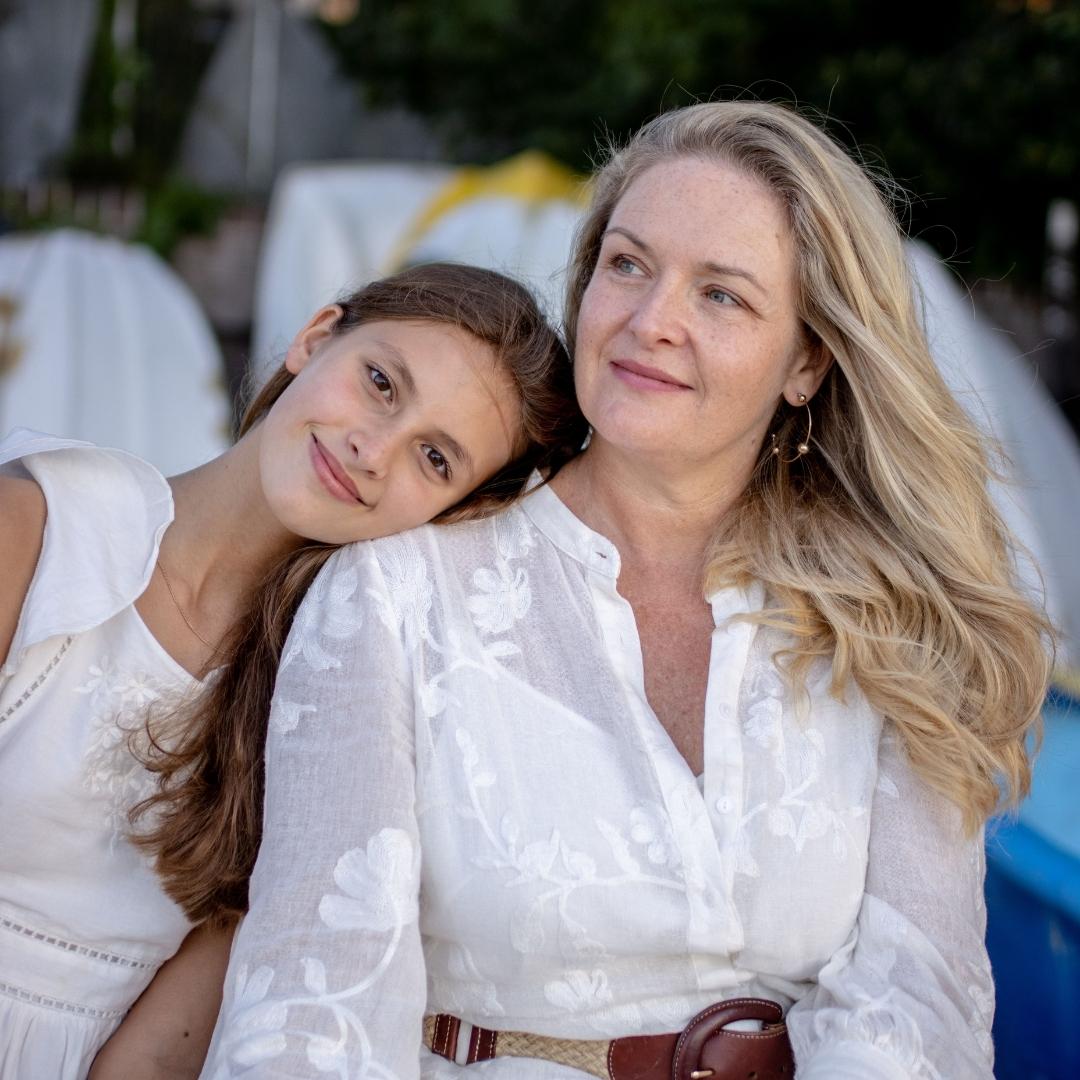
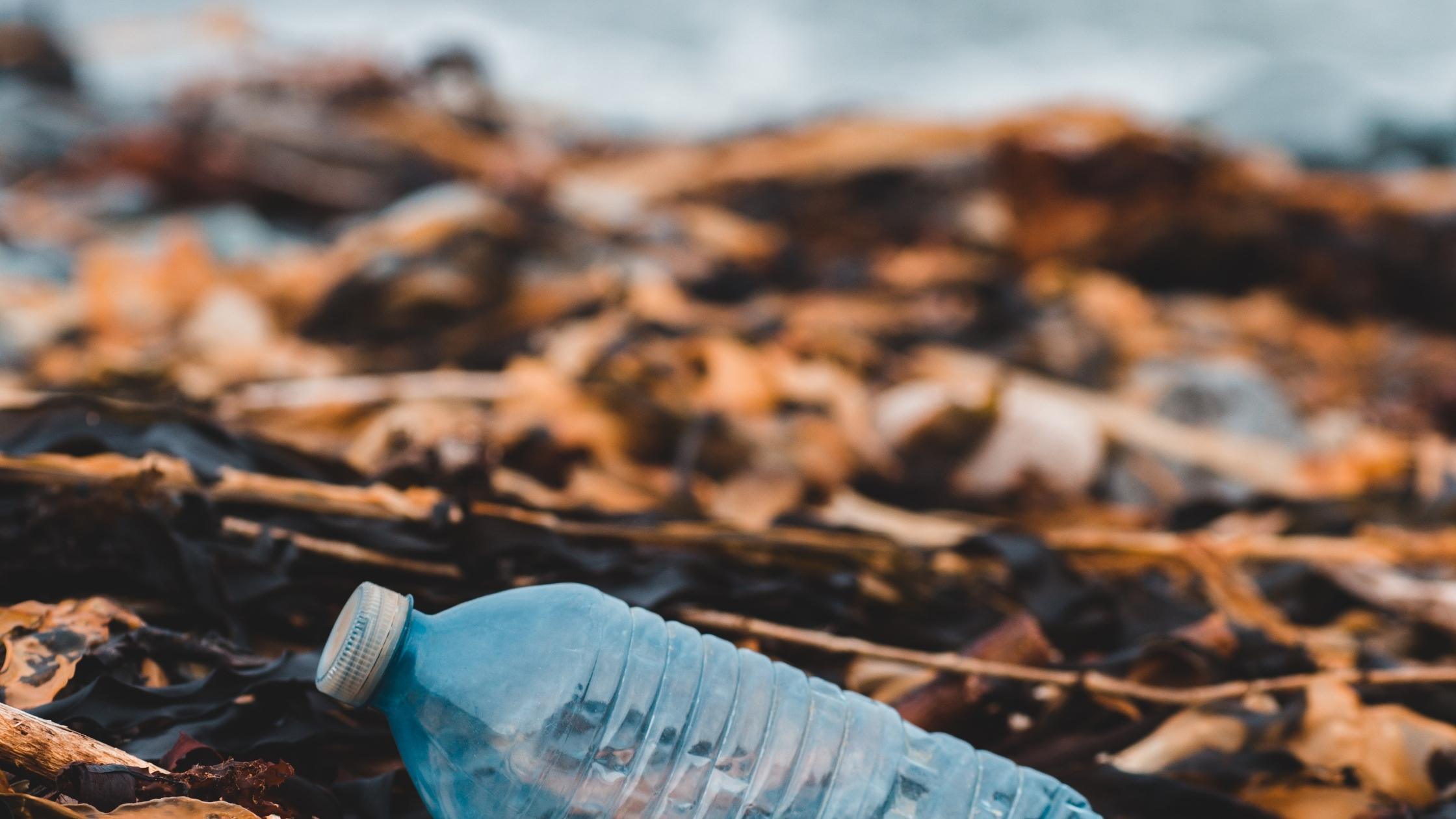
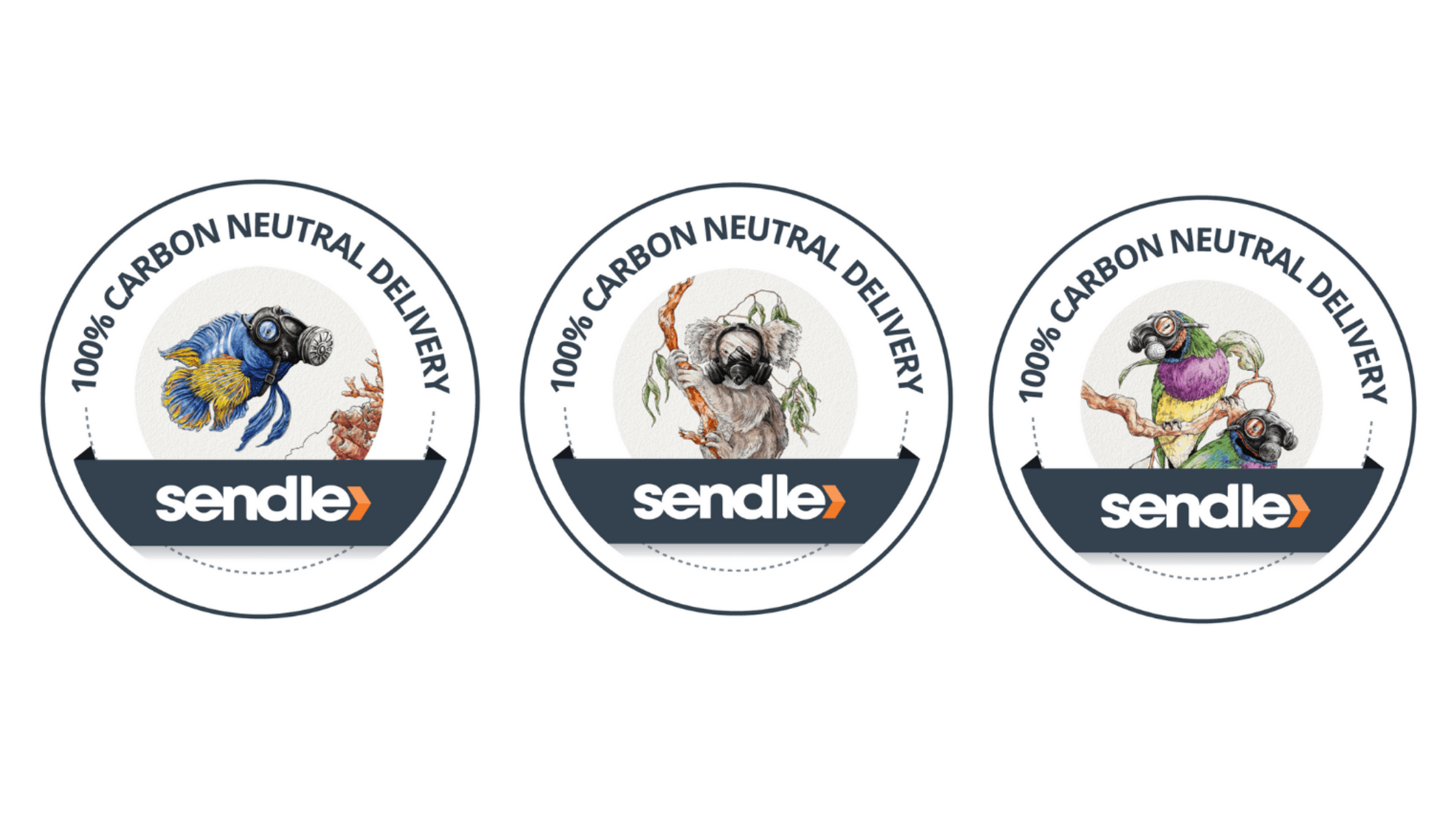
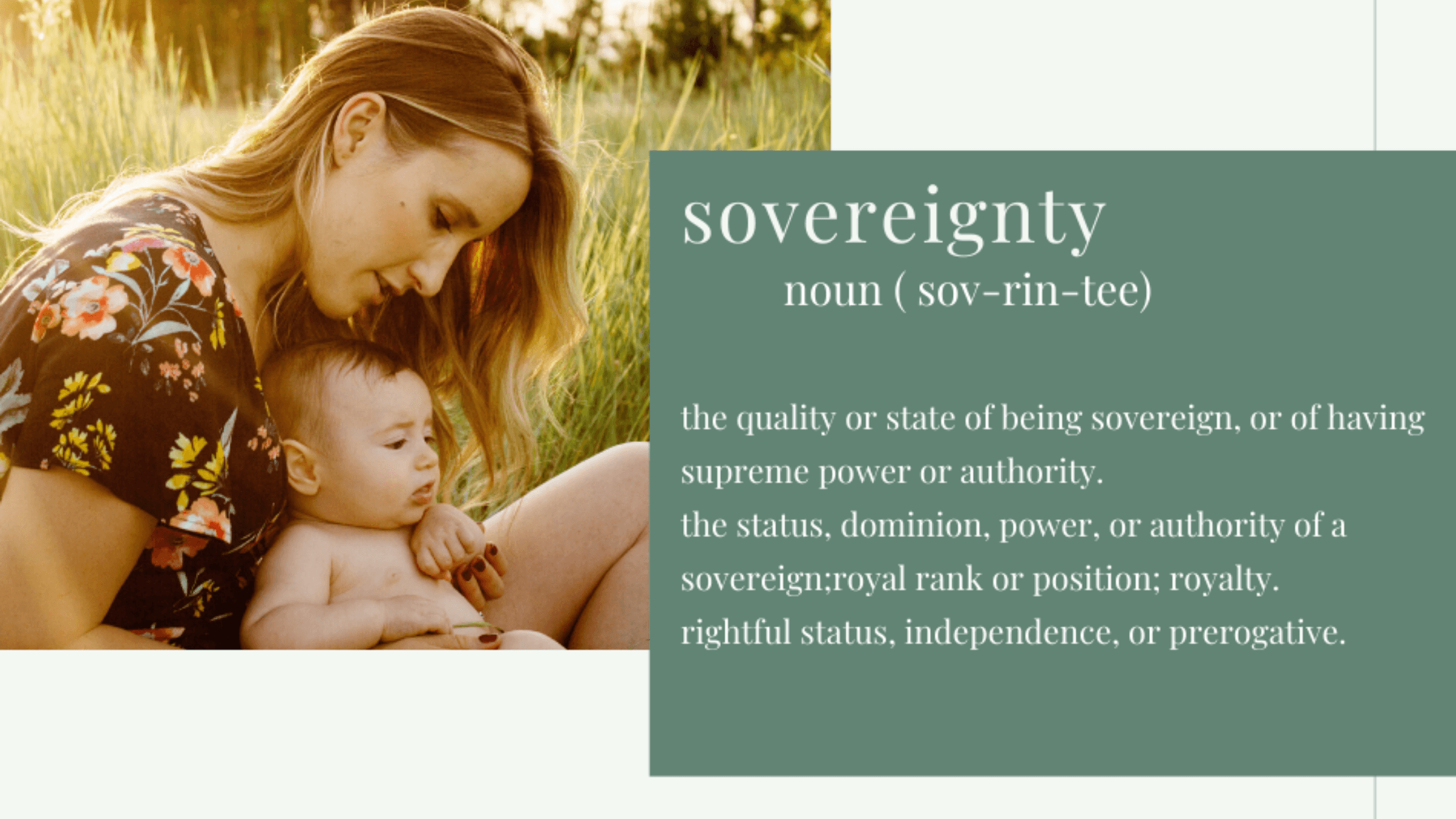



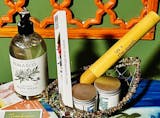



Leave a comment
This site is protected by hCaptcha and the hCaptcha Privacy Policy and Terms of Service apply.